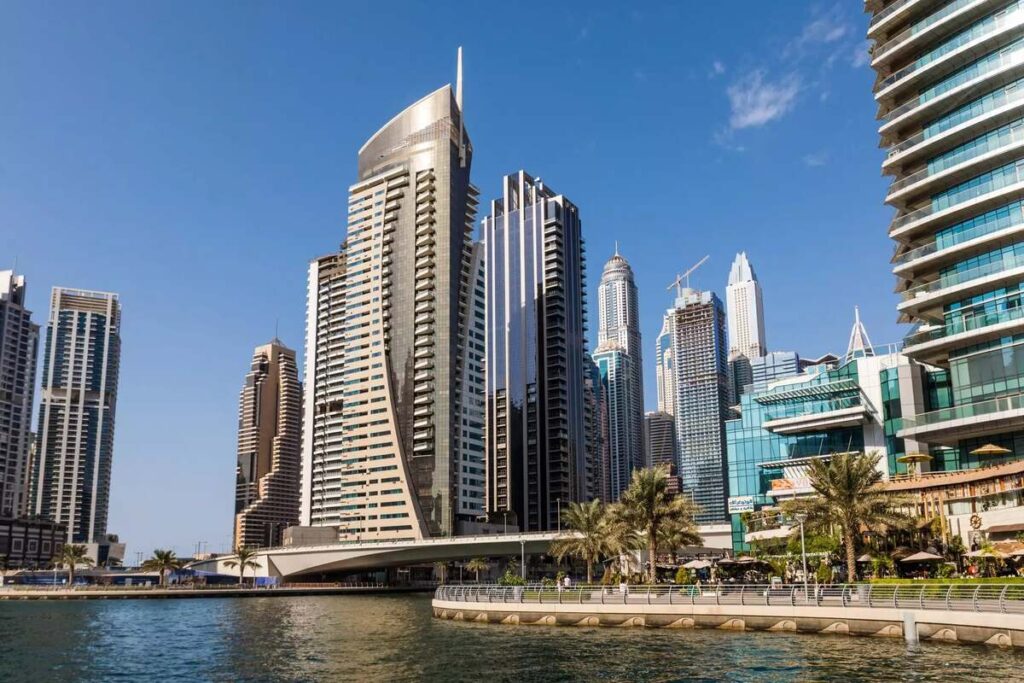A tax haven is a territory or country that benefits residents and non-residents and simplifies doing business. The second, more well-known name is an offshore zone or an offshore financial center. Businesses in such jurisdictions operate with different degrees of transparency and enjoy favorable conditions due to the following:
- Low or zero tax rates.
- Minimal control by the state and fiscal authorities.
- Ease of registration of companies for non-residents.
Unsurprisingly, businessmen seeking to reduce costs are looking for the opportunity to register a company in an offshore zone. The action is considered legal if the fiscal service of the country of the businessman’s primary jurisdiction is notified of this. However, the shadow withdrawal of capital offshore is a more common practice.
What Is a Tax Haven?

About a hundred jurisdictions worldwide have zero or minimal corporate and personal income taxation. They provide non-residents with business conditions that are more attractive than those offered by their home countries.
Withdrawing capital to such havens has become a popular way to optimize taxes because of the following:
- Some offshore companies are located in poor island states, geographically remote from leading financial centers.
- Their authorities protect the trade secrets of non-residents. Indeed, for these countries, the founding of foreign companies is almost the primary source of budget revenues.
- It is profitable to conduct business here since neither companies nor heads of jurisdictions are interested in information leakage. It can be challenging for fiscal services to verify the registration of non-resident businesses in offshore areas.
What does this lead to? We analyzed information from accessible sources.
What to consider when choosing an offshore:
- Tax benefits for foreign entrepreneurs.
- The jurisdiction status can be either a classic offshore or a territory with a special economic status.
- Political and social stability of the region.
- Availability of acceptable living conditions for comfort and safety for personnel.
The money withdrawn to “safe havens” without taxes can reach 20 to 32 trillion US dollars.
Types of Tax Havens
Many characteristics distinguish them, including territorial:
- European offshore zones include Cyprus, Malta, Romania, and Estonia.
- Kuwait, Qatar, and Bahrain are in the Persian Gulf region.
- On the African continent, only Liberia is an offshore zone.
- US offshore companies are in the US Virgin Islands and the Commonwealth of Puerto Rico, Wyoming, and Delaware.
- In Asia, these include Singapore and Hong Kong.
Based on the tax burden on a business, a tax haven can be the following:
- Offshore with zero taxation.
- A zone with certain benefits.
- A territory with a special economic status with quick business registration.
Naturally, tax havens are of great interest.
Rating of the World’s Best Tax Havens

The top 7 harbors include the following:
- Cyprus. The country is a member of the EU and the most popular jurisdiction among entrepreneurs, with corporate taxation at a rate of 12.5%. In recent years, legislation has changed in Cyprus. Working conditions for foreign businesses have become less attractive. This leads to an outflow of capital to other offshore companies. Taxation of personal income in Cyprus is carried out at a rate of 20-35%. An individual must stay in Cyprus more than 181 days a year to obtain resident status.
- Seychelles and Belize. In 2 days and 400 euros, a non-resident can become the owner of his own private company. It will be completely exempt from paying taxes, like annual reporting, mandatory audits, and currency controls. An additional bonus for businesses in Belize is that company registration is simplified to a minimum.
- Panama. The country is a significant trade and financial center. Its economy is showing dynamic growth. Businessmen value offshore for political stability. They are not required to report annually, and exchange controls have long been abandoned here. An essential advantage of Panama is the extremely inexpensive high-speed registration of businesses; it will cost you 850 euros.
- British Virgin Islands. They are among the well-known offshore companies with attractive conditions for non-residents. Here, companies are not required to report or pay taxes. However, the recent signing of an agreement on exchanging information on beneficiaries with the UK was an unpleasant surprise. This gives foreign companies registered here reason to doubt the confidentiality of information about their founders. As a result, offshore is gradually losing its attractiveness compared to other jurisdictions.
- Hong Kong and Singapore. Rapid economic growth, excess finance, and labor resources are a magnet for foreign capital. You can register a company in Hong Kong and Singapore for 1300 and 3600 euros, respectively. In both countries, they are required to submit annual reports. Enterprises that supply goods and services for export benefit from tax exemptions.
- Gibraltar. Offshore completely exempts enterprises from taxes with the mandatory submission of annual reports, an external audit, and the constant presence of a resident secretary of the company. Among the disadvantages, it should be noted that Gibraltar fundamentally refuses to sign agreements with anyone to avoid double taxation.
- UAE. The country has many free zones where you can register a foreign enterprise. This gives its founders and family members the right to obtain a three-year residence permit. Many businesses. Like individuals, they do not pay taxes. Not everyone has to pay VAT at a rate of 5%. From June 1, 2023, the UAE tax system introduced a new tax with a rate of 9% for companies with an annual turnover of over AED 375,000. Having received a residence permit, an entrepreneur and his family can live permanently in the country.
You can use various schemes to minimize taxes and receive excess profits for offshore transfers.
How to Choose a Tax Haven for Doing Business

The choice is usually preceded by a thorough, detailed study of the disadvantages and advantages of each option. Given the variability of schemes and conditions, studying all the options on your own is difficult.
It is best to seek professional advice from the Dynasty Business Adviser managers. You will receive full comprehensive support on any issue related to business registration.
Opening a Company in a Tax Haven
Do you want to register a company offshore? Everything will go much faster and easier if you enlist the support of experienced lawyers. Please note that this publication does not constitute legal advice. It shows the capabilities of the jurisdictions described. We will be glad if the publication was helpful to you.









